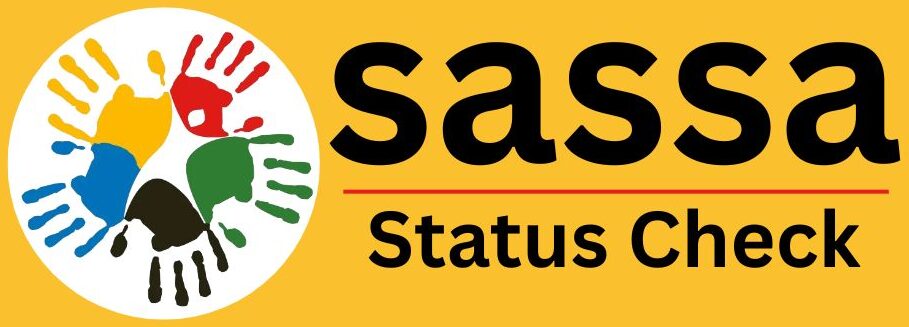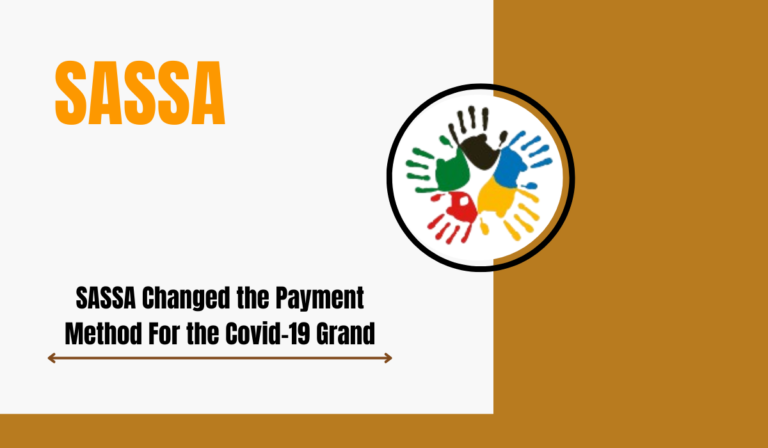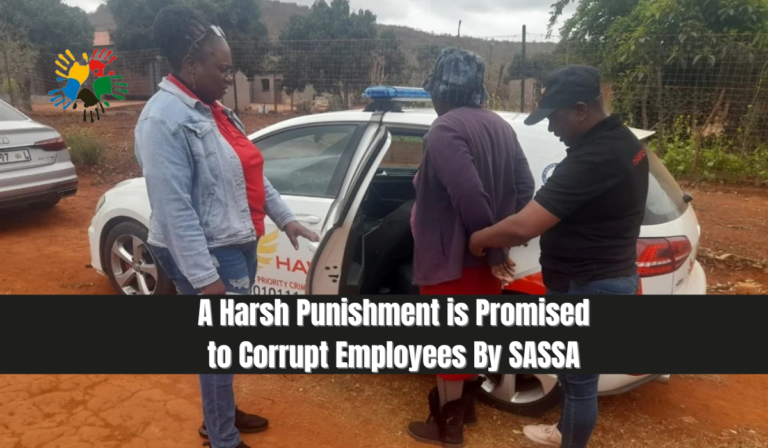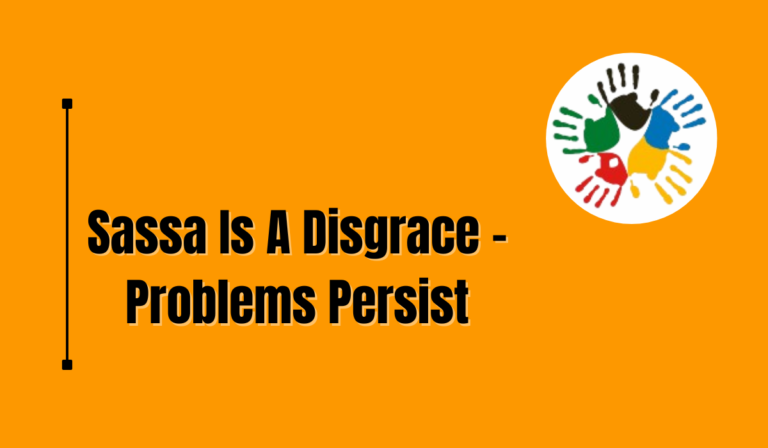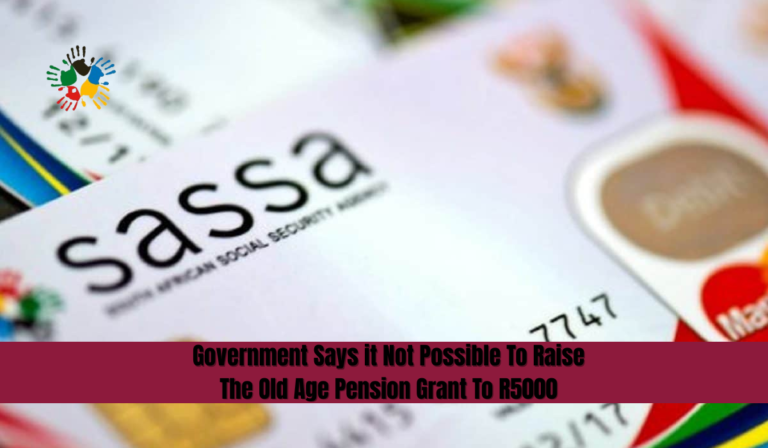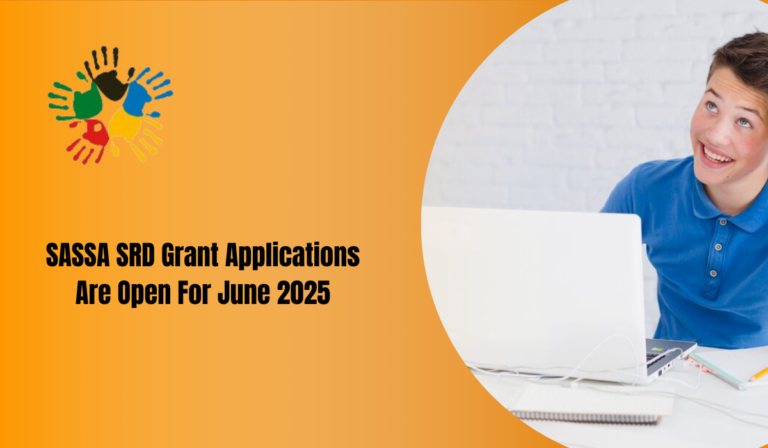SASSA Order Tighten Oversight For Budget 2025/26
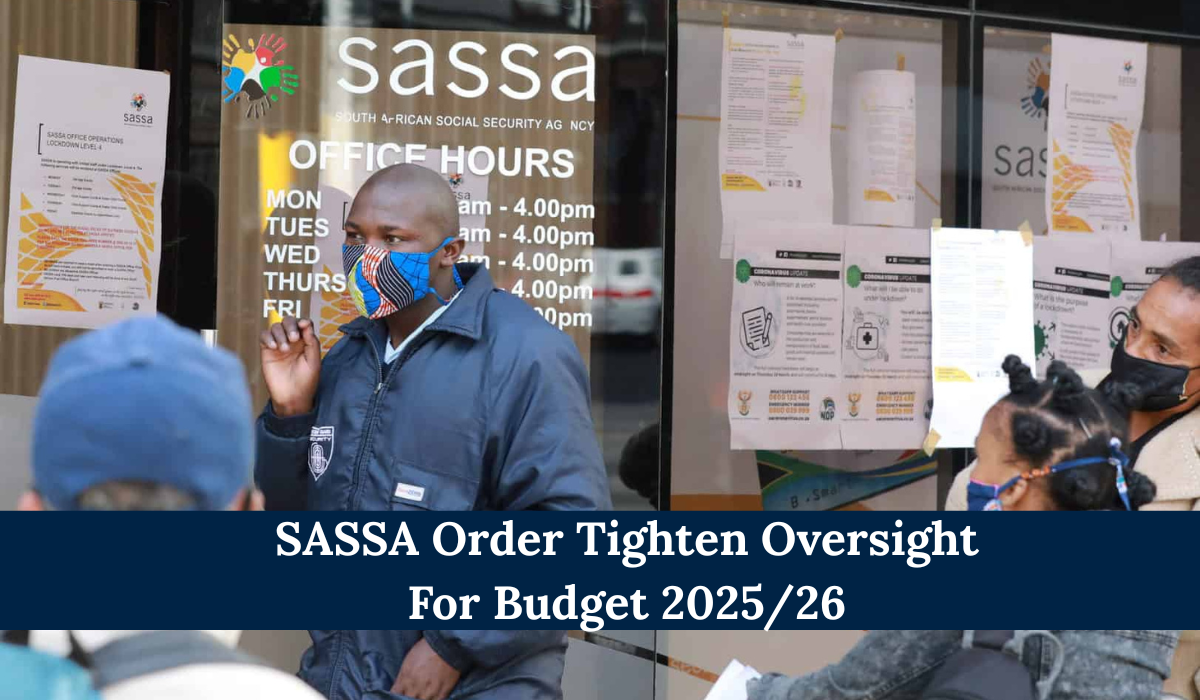
SASSA Order Tighten Oversight For Budget 2025/26. The South African Social Security Agency (SASSA) is tightening oversight and introducing stringent control mechanisms as it navigates the fiscal demands of the 2025/26 Medium-Term Expenditure Framework (MTEF). With over R80 billion allocated by the National Treasury, the focus for the upcoming financial year is clear: enhance operational efficiency, reduce fraud, and ensure social grants reach the truly deserving.
These funds will sustain over 19.2 million vulnerable citizens across South Africa, marking the budget as one of the most crucial financial commitments in the nation’s welfare landscape.
MTEF 2025/26
SASSA’s Chief Financial Officer, Tsakerwa Chauke, presented a comprehensive breakdown of the 2025/26 MTEF expenditure to Parliament at the end of April 2025. This budget not only reflects SASSA’s strategic priorities but also reveals a greater shift toward modernization and digital governance.
| Category | Allocation Amount (Rands) | Key Purpose |
|---|---|---|
| Goods and Services | R3.9 billion | Operational costs, service delivery improvement |
| Employee Compensation | R3.9 billion | Salaries and employee benefits |
| Transfers | R43 million | Grant administration and partner collaboration |
| Capital Expenditure (Capex) | R138 million | Technology upgrades, fraud prevention systems |
This funding structure demonstrates a robust attempt to modernize SASSA’s systems, with a portion of the capital expenditure specifically earmarked for a Cybersecurity Threat Intelligence and Takedown Service, aimed at addressing fraudulent activities in the Social Relief of Distress (SRD) grant system.
Stricter Compliance Measures for Grant Oversight
One of the most notable updates in SASSA’s 2025/26 budget is the implementation of new compliance conditions to ensure grants are only distributed to eligible recipients. This step comes amid rising concerns over fraudulent claims and administrative loopholes that have drained public funds.
Beginning March 2025, SASSA will introduce bank income checks for all new and existing grant applicants. These checks will cover a broad spectrum of grants, including:
- Child Support Grants (including top-ups)
- Old Age Grants
- Disability Grants
- Care Dependency Grants
If an applicant’s income surpasses the defined threshold, the grant will be subject to review or cancellation. This measure is crucial to ensure that social grants are provided exclusively to individuals who genuinely qualify based on financial need.
Collaborative Data Verification Systems
To further bolster integrity within the system, SASSA has been mandated to conduct routine database cross-checks in collaboration with several government departments. These verifications will take place at two critical stages:
- At the time of grant application
- Biannually for existing beneficiaries
The agency will work closely with:
- Department of Home Affairs
- Department of Correctional Services
- Unemployment Insurance Fund (UIF)
- Government Employees Pension Fund (GEPF)
These interdepartmental collaborations are essential to flag deceased individuals, incarcerated persons, or double beneficiaries who are unlawfully receiving multiple forms of state support.
Moreover, SASSA has been instructed to finalize a data-sharing agreement with the South African Revenue Service (SARS) for access to verified income records. An arrangement with the National Student Financial Aid Scheme (NSFAS) is also being formalized to detect students receiving both grants and educational funding a scenario that may suggest income support redundancy.
Enhanced Security Through Biometric Verification
With fraud detection at the forefront of its 2025/26 priorities, SASSA is also ramping up its biometric verification protocols. Applications flagged as suspicious will undergo stricter biometric authentication to confirm the identity of applicants and prevent impersonation or manipulation of the system.
Biometric systems are expected to include:
- Fingerprint verification
- Facial recognition
- Iris scans (in some pilot regions)
This multi-layered verification system is designed to add an extra security barrier to protect the integrity of social grant disbursement.
Quarterly Reporting to Ensure Transparency
Accountability remains a key component of the 2025/26 fiscal strategy. To that end, SASSA is now required to submit quarterly reports to the National Treasury, detailing the following:
- Number of grant reviews, suspensions, or cancellations conducted.
- Total amount saved through cancellation of ineligible grants.
- Any implementation challenges or administrative bottlenecks encountered.
| Reporting Period | Submission Deadline |
|---|---|
| Q1 | 30 days after quarter end |
| Q2 | 30 days after quarter end |
| Q3 | 30 days after quarter end |
| Q4 | 30 days after quarter end |
The first report must be submitted within 30 days following the conclusion of the first quarter of the financial year. This structured reporting approach will help improve transparency, reduce inefficiencies, and build public trust in SASSA’s operations.
Digital Transformation
The budget also marks a significant move towards SASSA digital transformation, an initiative long overdue in an agency managing millions of beneficiaries. Through targeted investment in cybersecurity infrastructure, digital applications, and data analytics tools, SASSA is embracing a tech-driven future.
The benefits of digital transformation include:
- Faster application processing
- Real-time fraud detection
- Improved communication with beneficiaries
- Reduced manual errors and paperwork
Additionally, the Cybersecurity Threat Intelligence and Takedown Service aims to proactively identify and eliminate fraudulent websites, phishing attempts, and online scams targeting vulnerable grant recipients.
Conclusion
The SASSA Budget 2025/26 is more than just a financial plan; it represents a pivotal shift toward a fraud-resistant, digitally advanced, and accountable welfare system. By instituting new grant oversight policies, embracing digital infrastructure, and enhancing inter-agency collaboration, SASSA is poised to deliver more secure and efficient social services to millions of South Africans.
